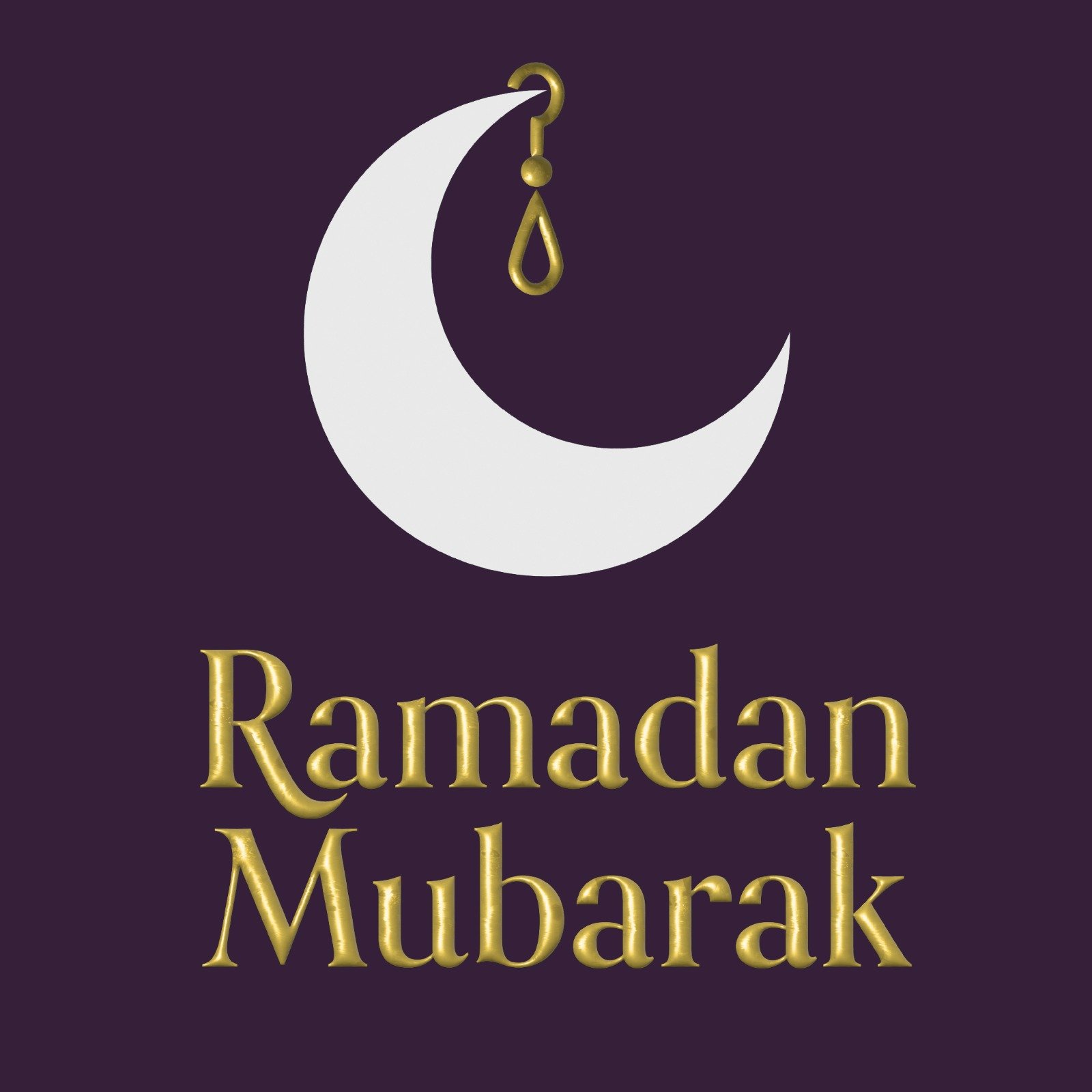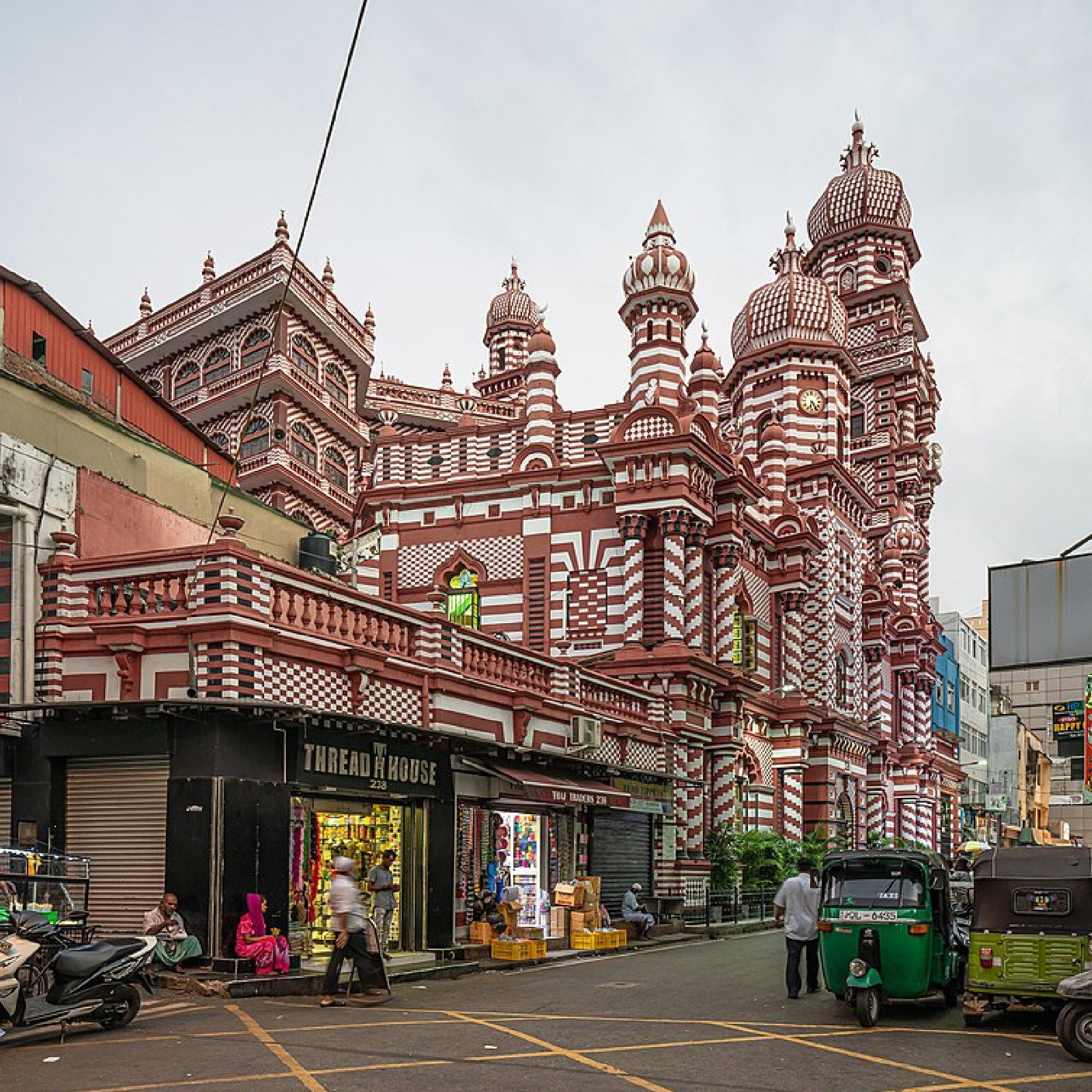Jubilant Sri Lankan Muslims Celebrate the Holy Month of Ramadan
Although Muslims only make up 7% of the population in Sri Lanka, their customs play an integral role in Sri Lankan culture. During the ninth month of the Islamic calendar, Sri Lankan Muslims observe the sacred month. Muslims believe that during Ramadan, God revealed the first verses of the Quran, the holy text, to Prophet Mohammed in "The Night of Power" (Laylat-al-Qadr), which fell on one of the nights during the last ten days of Ramadan.
Ramadan Mubarak!
Fasting (sawm) during Ramadan is one of the five pillars of Islam, along with the Profession of Faith (shahada), Prayer (salat), Alms (zakat), and Pilgrimage (hajj). Each healthy Muslim, not ill, pregnant, breastfeeding or menstruating, must abstain from food and drink during daylight hours for thirty days during the Holy month. They fast from dawn to sunset and gather with family and friends at iftar to rejoice and celebrate to breaking of the fast. The practice of fasting serves several spiritual and social purposes: to remind us of our human frailty, to show us what it feels like to be hungry and thirsty, to feel compassion for the needy, and to reduce distractions in life so we can focus on our relationship with God. During Ramadan, Muslims are even more observant of the five pillars. They spend more time praying, reading the Quran, and reflecting on their faith. In addition, if their finances allow them, they distribute zakat— alms in the form of food or money— to aid those less fortunate.
In a typical Sri Lankan Muslim household, people rise before dawn for suhur, a meal before the start of the fast. The meal usually consists of curry and rice intended to sustain them until sunset. Suhur is followed by the Fajr, the prayer that makes a bond that one has begun the day's fast. Some people may return to bed and wake up several hours later to start their work day. In the more traditional households, women stay home to sew and prepare the spread to break the fast.
Everybody awaits iftar, the fast-breaking meal at sunset when pakoras, samosas, and kanji—a milky rice porridge—are served. Kanji is slow-cooked with beef or chicken, along with garlic and flavoured with coconut milk. A steaming bowl of kanji is a staple in almost every home during Ramadan. It is often prepared by mosques in large quantities to serve local communities. Many Sri Lankan Muslims consider kanji comfort food and have many happy memories of eating it with family and friends.
After people fill their stomachs, it's time for the Maghreb, the evening prayer. People may gather and study the Quran after the prayer, and then there will be another evening prayer, Esha, before bedtime. Then they wake up again before sunrise to start the process again. Finally, after thirty days, Ramadan ends and is followed by Eid al-Fitr—a massive festival that celebrates the breaking of the fast.
Jami ul-alfar Mosque in Pettah, the heart of commerce in Colombo.
When I lived in Sri Lanka in 2020, the COVID-19 curfew was in full force during Ramadan, meaning people couldn't pray in mosques or share their iftar. As a result, I didn't experience Ramadan with Sri Lankans, so everything I wrote here has been information I found online. However, I did see the Jami ul-alfar Mosque once the curfew ended. It's one of the oldest mosques in Sri Lanka— a distinctive red and white candy-striped building in Pettah, a colourful neighbourhood in Colombo. Pettah is the heart of commerce in Colombo and home to many Muslims in the city, where they also run their businesses.
I am lucky to have experienced Ramadan when I lived in the U.A.E. and Bahrain between 2008-2010. The workday was shortened as most of my colleagues were local and were fasting. As a non-Muslim, I hid away from public view to eat lunch or drink water at work. Some shops and restaurants catered to non-Muslims but hung black curtains or taped garbage bags over their windows and doors. Nevertheless, Iftar was a joyous moment every day—I shared many elaborate spreads in restaurants with friends and colleagues. I wonder how Ramadan is different in Sri Lanka—after all, unlike U.A.E. and Bahrain, Sri Lanka is predominantly Buddhist, so perhaps there will be some differences. I would love to hear what you think!


